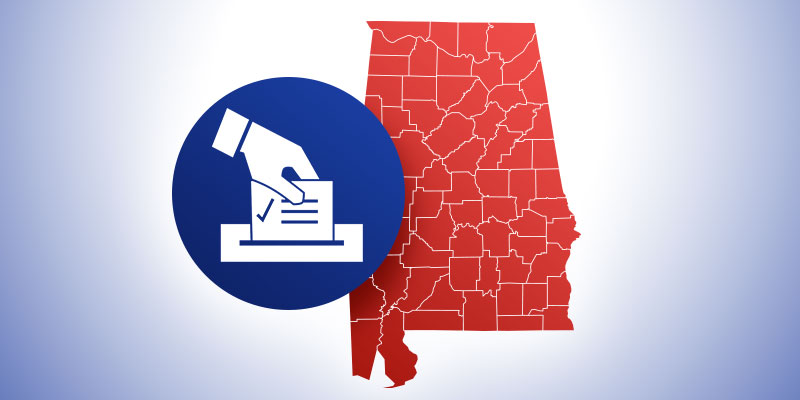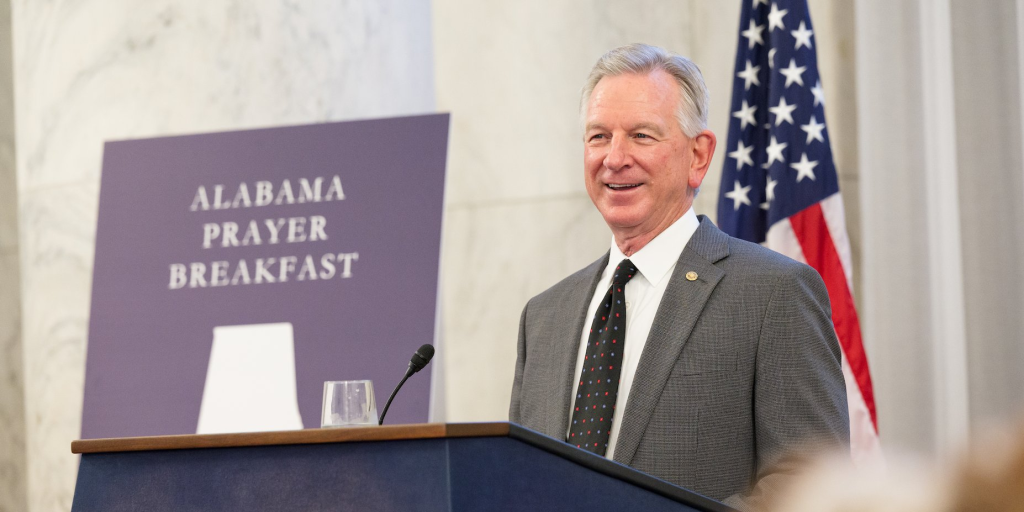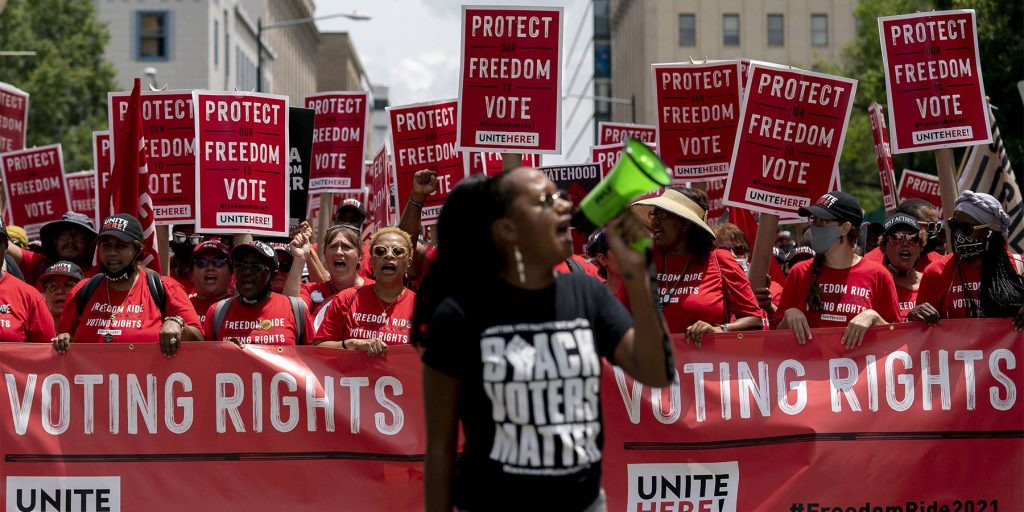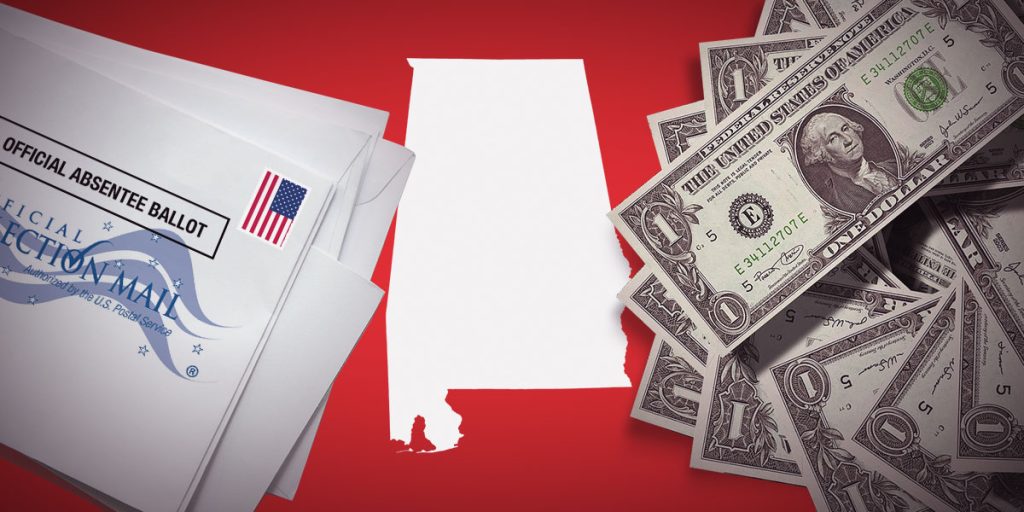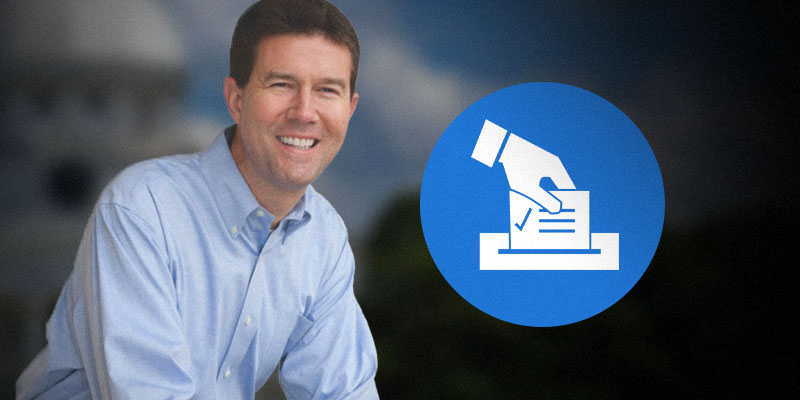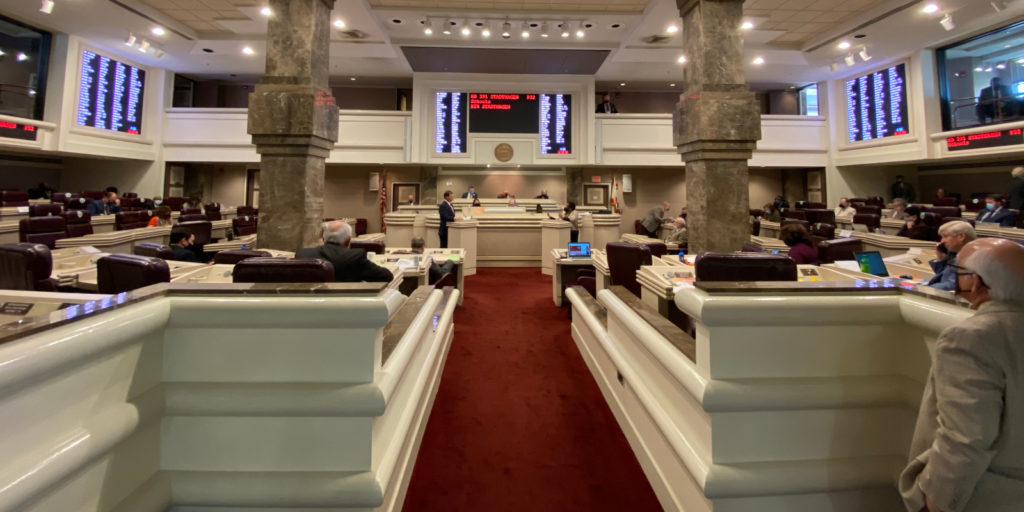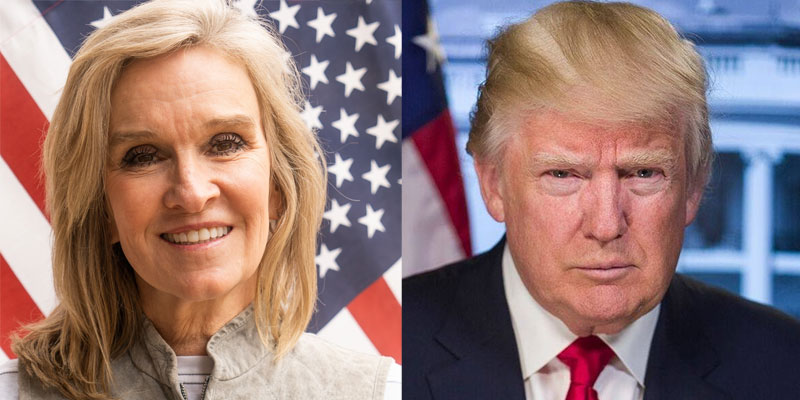United States District Judge for the Northern District of Alabama Abdul K. Kallon on Monday struck down certain absentee balloting requirements for the state’s upcoming July 14 runoff election, however the ruling was only made to benefit certain demographics of voters.
Kallon, an appointee of former President Barack H. Obama, issued a memorandum opinion providing immediate relief in response to a motion for preliminary injunction filed in People First of Alabama v. Merrill.
The NAACP Legal Defense & Educational Fund, Inc. (LDF), Southern Poverty Law Center (SPLC) and the Alabama Disabilities Advocacy Program (ADAP) are involved in the case on behalf of the plaintiffs: People First of Alabama, Greater Birmingham Ministries and the Alabama NAACP. The main defendant in the case is Secretary of State John H. Merrill, in his role as chief elections official for the State of Alabama.
The Monday ruling came prior to any trial proceedings that may take place in the case, and thus might not hold up until the runoff.
However, if it stands until then, the ruling would represent a major change to Alabama’s elections process with just under a month to go until the runoff.
First, Kallon ordered defendants not to enforce the state’s absentee voting requirement of each absentee ballot being notarized or signed by two witnesses for any voters “who determine it is impossible or unreasonable to safely satisfy” this requirement.
Next, the judge decreed that defendants not enforce the absentee voting requirement of each absentee ballot being accompanied by a copy of the respective voter’s valid form of photo ID. This order only applies to voters aged 65 or older, or disabled, “who determine it is impossible or unreasonable to safely satisfy that requirement in light of the COVID-19 pandemic.”
Signed statements “under penalty of perjury” are required to be submitted by absentee voters taking advantage of either one of these two portions of the order.
In a release, the SPLC advised that the same portions of the order are applicable “in at least Jefferson, Mobile, and Lee Counties.” The respective election officials for these counties were also named as defendants in the case.
Finally, the ruling would allow for statewide “curbside voting” at in-person polling locations.
Here’s what the ruling concluded, verbatim:
Thus, for the foregoing reasons and after careful consideration of the record, the court will grant in part the plaintiffs’ motion for a preliminary injunction, and will order defendants: (1) not to enforce the witness requirement for the July 14 runoff election for absentee voters who determine it is impossible or unreasonable to safely satisfy that requirement in light of the COVID-19 pandemic, and who provide a written statement signed by the voter under penalty of perjury that he or she suffers from an underlying medical condition that the Centers for Disease Control has determined places individuals at a substantially higher risk of developing severe cases or dying of COVID-19; (2) not to enforce the photo ID requirement for the July 14 runoff election for absentee voters who are over the age of 65 or disabled who determine it is impossible or unreasonable to safely satisfy that requirement in light of the COVID-19 pandemic, and who provide a written statement signed by the voter under penalty of perjury that he or she is 65 or older or has a disability; and (3) not to enforce the state’s de facto prohibition on curbside voting. A separate order will be issued.
Merrill has consistently stated — for over three months — that the coronavirus pandemic and the resulting state of emergency allow all eligible Alabama voters to vote absentee for the July 14 runoff should they not feel safe with in-person voting.
For the runoff, the deadline to register to vote is June 29. Meanwhile, the deadline to submit an absentee ballot application is July 9. The deadline to return an absentee ballot to their absentee election manager is the close of business on July 13, and the last day to postmark an absentee ballot is also July 13. Voters who are eligible to vote pursuant to the Uniformed and Overseas Absentee Voting Act will have until July 14 to postmark an absentee ballot.
“We have worked to provide safe, secure, and free elections for the people of Alabama through offering an extended absentee voting period for the upcoming Primary Runoff Election, and we will continue to see that Alabamians have the opportunity to participate in the electoral process in a way that does not affect their health or well-being,” Merrill stated in March.
The secretary of state has previously explained that the state’s absentee balloting requirements are designed to mitigate against fraud.
He has added that most recent cases of voter fraud in Alabama came through absentee balloting rather than in-person voting. Merrill even had to publicly rebut a claim by the SPLC that “voter fraud” has “consistently proven to be non-existent.”
Merrill thus identified the absentee process as something he wanted the state legislature to revamp in order to further guard against fraud.
However, Monday’s ruling could work in the opposite direction if his warnings are correct, enabling increased fraud as the state continues to conduct an important president election cycle.
On the other hand, NAACP LDF senior counsel Deuel Ross in a statement called the absentee balloting safeguards “needless barriers.”
“This ruling is not only a victory for our clients, whose pre-existing conditions make them especially vulnerable to COVID-19, but it is also a victory for at-risk Alabamians who should not have to jump over unnecessary hurdles to vote, especially in the middle of a global pandemic,” concluded Caren Short, senior SPLC staff attorney.
Sean Ross is the editor of Yellowhammer News. You can follow him on Twitter @sean_yhn




